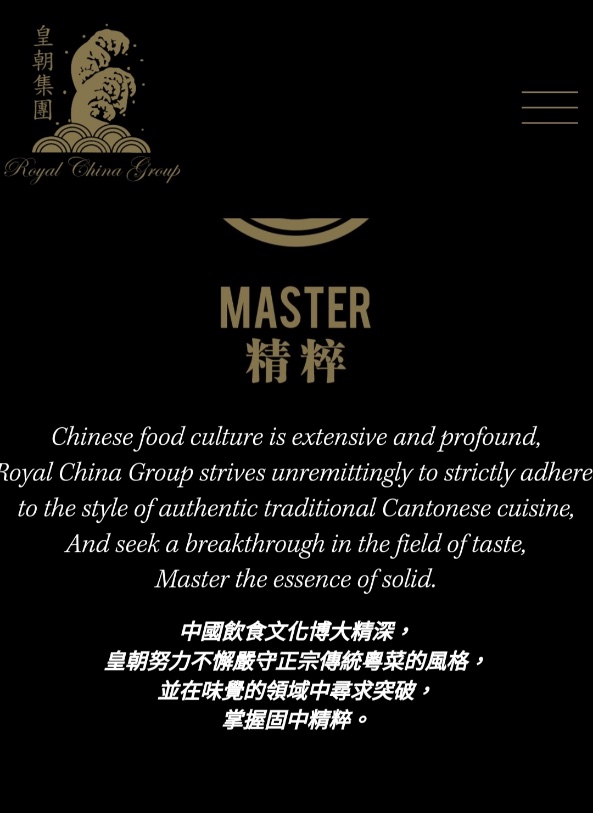Normative language
A matter that requires nuancing: Jinyi Kuang and Cristina Bicchieri, "Language matters: how normative expressions shape norm perception and affect norm compliance", Philosophical Transactions of the Royal Society B: Biological Sciences, 2024:
Abstract: Previous studies have used various normative expressions such as ‘should’, ‘appropriate’ and ‘approved’ interchangeably to communicate injunctions and social norms. However, little is known about whether people's interpretations of normative language differ and whether behavioural responses might vary across them. In two studies (total n = 2903), we find that compliance is sensitive to the types of normative expressions and how they are used. Specifically, people are more likely to comply when the message is framed as an injunction rather than as what most people consider good behaviour (social norm framing). Behaviour is influenced by the type of normative expression when the norm is weak (donation to charities), not so when the norm is strong (reciprocity). Content analysis of free responses reveals individual differences in the interpretation of social norm messages, and heterogeneous motives for compliance. Messages in the social norm framing condition are perceived to be vague and uninformative, undermining their effectiveness. These results suggest that careful choice of normative expressions is in order when using messages to elicit compliance, especially when the underlying norms are weak.
Read the rest of this entry »
